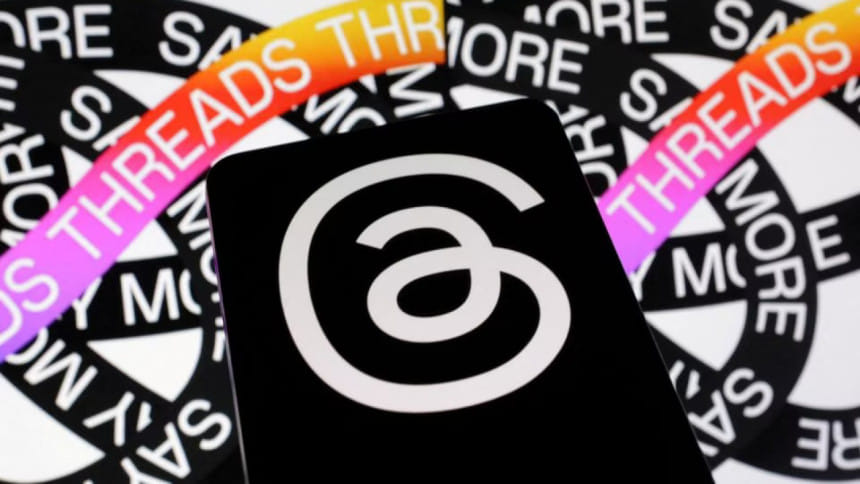Threads is much bigger than you may think

If you have not heard of Threads by now, you are either missing out on the new corporate replacement for one of the most active userbases in the world of social media, or you are just being cautious enough to stay away from the massive web of dopamine and oxytocin-manipulating social media products. Threads is a relatively new social media app launched by Meta, the company that owns Facebook, Instagram, and WhatsApp, that allows users to share interactive posts with a select group of friends and has an algorithm-managed public feed. It is designed to be more intimate and private than other social media platforms of its kind, with a focus on real-time communication between close friends.
It may appear to merely be another shot at creating a Twitter-killer microblogging platform by Meta, but Threads stands for something much bigger.
Hear me out: Threads is not the "new big idea," nor is it a basic Twitter clone. Fediverse has made a sustainable approach towards decentralisation with its suite of programmes for a while now. Meta's plan to use ActivityPub to expose Threads' userbase to the fediverse is what makes this new initiative stand out. This approach would inject the fediverse with a new bubble of millions of people who would have otherwise never understood the idea of a federated network.
Fediverse is a network of decentralised social media platforms that are linked together. This means that each platform is independent and has its own rules and members, but users can still interact with each other across different platforms. It is like a bunch of smaller social media communities that are connected to form a larger network. Its approach to decentralisation is meant to ensure that users are not beholden to a single platform or corporation. This means that even if one platform goes down or changes its policies, users can easily switch to another one without losing their data or connections.
Meta's plan to connect Threads to the fediverse marks a notable step towards decentralisation in social media. By utilising the ActivityPub protocol, which has already gained traction through platforms like Mastodon, Threads will join a movement that aims to empower users and provide an alternative to the dominant web of siloed platforms.
Decentralisation ensures that the power dynamics shift away from a few large entities, putting users back in control of their data and fostering a more open and transparent digital environment. It may not be Meta's intention to lose their grip on so much data, but the approach will open up a door for concerned users to stay away from Meta products, yet access the massive userbase of the platform.
The potential for interoperability with Mastodon and other ActivityPub-powered platforms will allow Threads users to communicate and connect across different networks, regardless of the specific platform they choose. This break from the isolated nature of social media can foster a sense of inclusivity and broaden our social circles beyond the confines of a single platform.
Another critical aspect to consider is the potential for Threads to spur innovation and competition in the social media landscape. The emergence of a massive decentralised social web will encourage diversity and new players to enter the arena. This healthy competition can drive platforms to offer better, less exploitative services, as users gain the freedom to switch providers without abandoning their social connections. By embracing interoperability and promoting user choice, Threads may pave the way for a more dynamic and user-centric social media ecosystem.
What does all this mean for Bangladeshi users? Threads and fediverse integration may help expose more people in the country to the concept of decentralised social media. This could be particularly beneficial for those who are concerned about privacy and data security, as decentralised platforms give users more control over their data. Fediverse's decentralised structure may help reduce the power dynamics that exist within social media groups, which could be beneficial for anyone facing issues with censorship and control.
While Threads may seem like a mere addition to the microblogging landscape, its adoption of ActivityPub and its possible alignment with the players of decentralisation, privacy, and interoperability make it a catalyst for change. Its potential to disrupt the status quo and create a more equitable and democratic online space is significant, and should not be underestimated.
Hamid Yasir is a fellow of the Royal Society of Arts Manufactures and Commerce, a global network of changemakers.

 For all latest news, follow The Daily Star's Google News channel.
For all latest news, follow The Daily Star's Google News channel. 












Comments